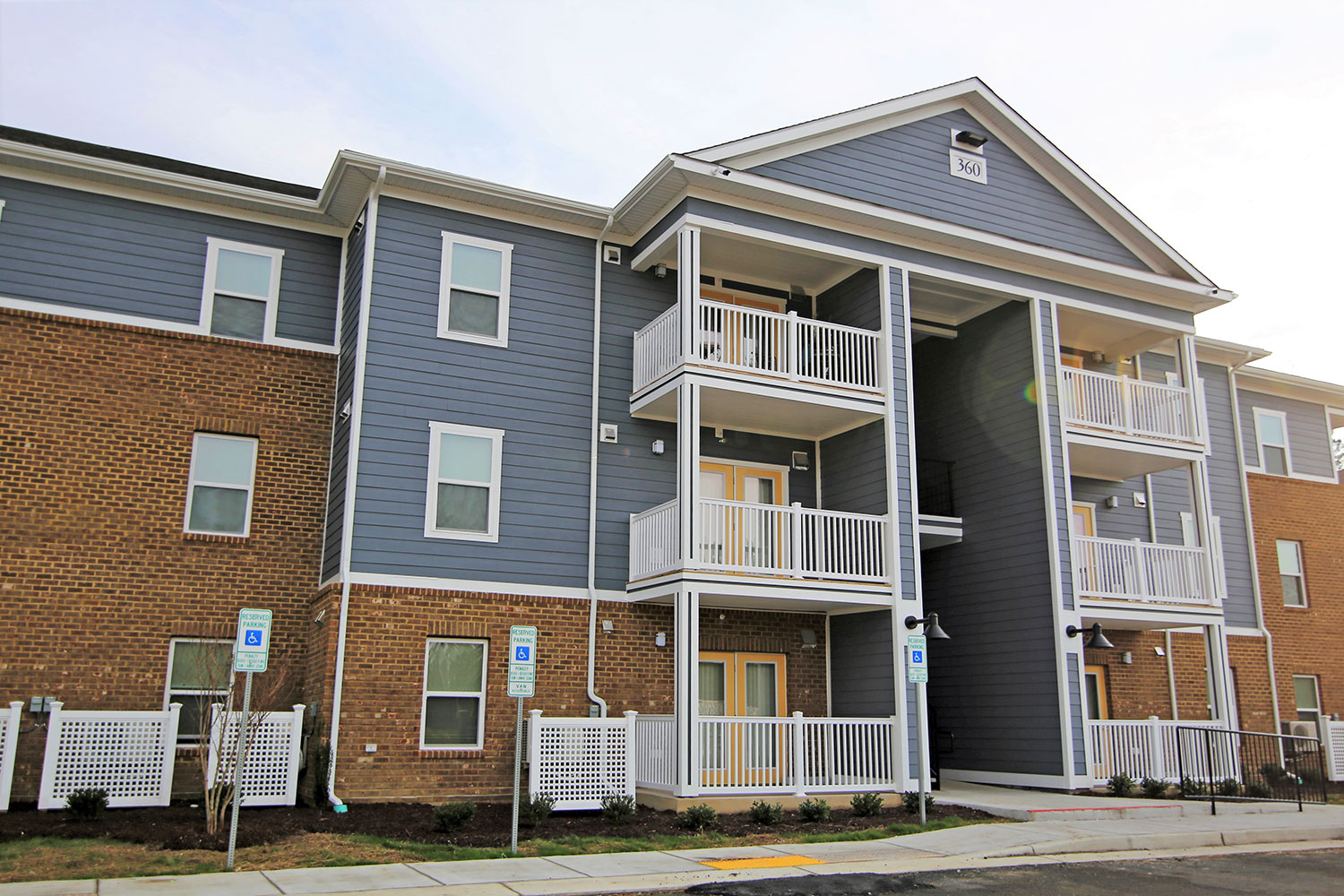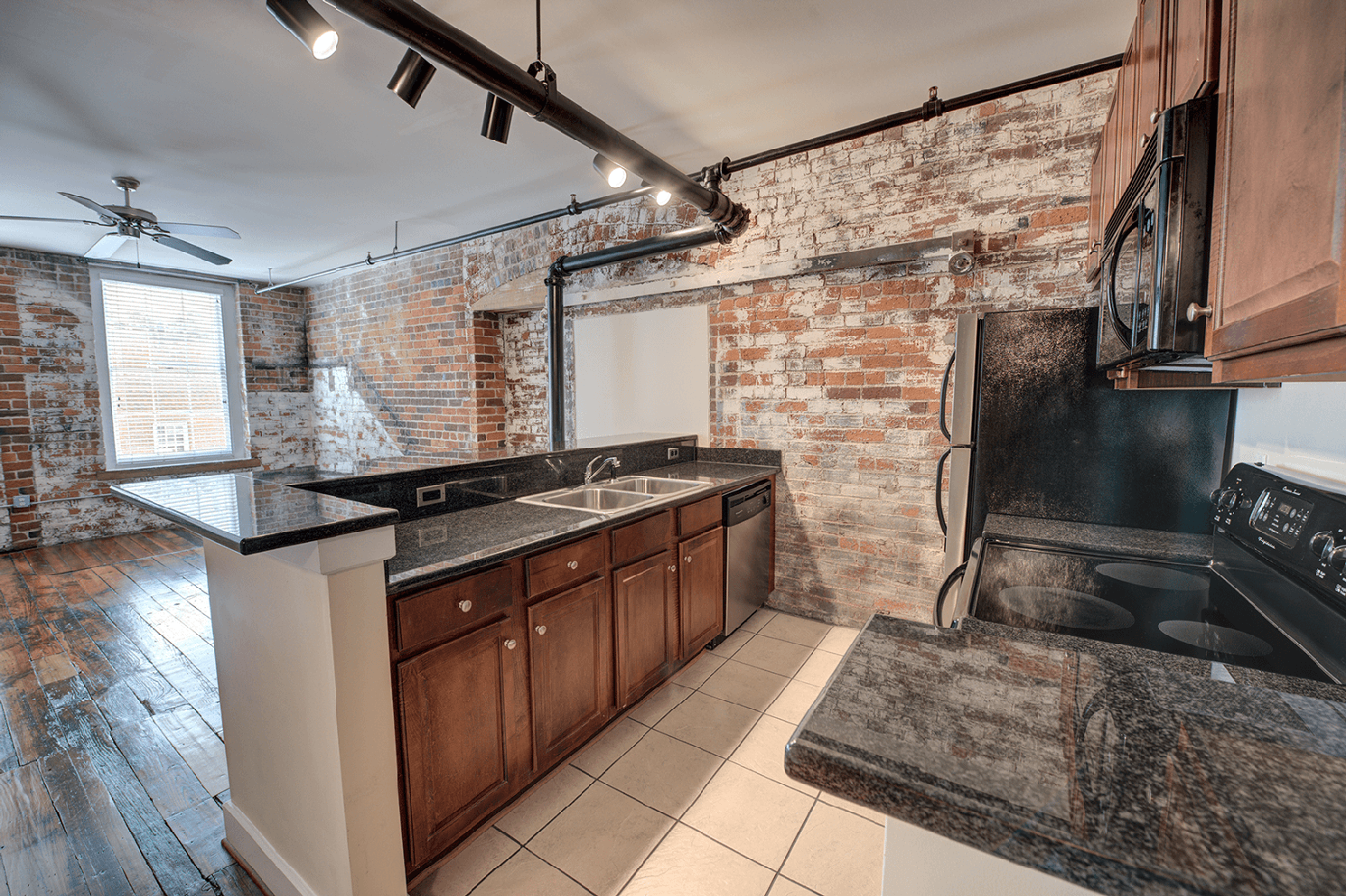Tips for Finding Cheap 1-Bedroom Apartments: Cheap 1 Bedroom Apartments Richmond Va

Finding a cheap 1-bedroom apartment in Richmond, VA, can be challenging, but with a strategic approach, you can increase your chances of securing a great deal.
This guide provides practical advice on leveraging online resources, setting a realistic budget, and negotiating effectively with landlords.
Utilizing Online Resources
Online resources offer a convenient and comprehensive way to search for affordable apartments. Here are some effective strategies:
- Craigslist: While Craigslist may require more manual sorting through listings, it often features lower-priced apartments compared to other platforms. You can filter listings by price, location, and other criteria to narrow your search.
- Zillow: Zillow is a popular platform with a user-friendly interface. You can filter listings by price, number of bedrooms, and amenities. It also provides insights into rental trends and market value, helping you assess the fairness of asking prices.
- Apartments.com: Apartments.com offers a wide range of listings and allows you to compare prices, amenities, and neighborhood features. It also provides virtual tours, which can help you narrow down your choices before scheduling physical viewings.
Setting a Realistic Budget, Cheap 1 bedroom apartments richmond va
Before starting your search, it’s essential to determine a realistic budget. Consider the following factors:
- Income: Calculate your monthly income and determine how much you can comfortably allocate towards rent. A general rule of thumb is to spend no more than 30% of your income on rent.
- Living Expenses: Factor in other monthly expenses, such as utilities, groceries, transportation, and entertainment, to ensure your budget can accommodate all your needs.
- Savings: Consider setting aside some money for a security deposit, first month’s rent, and potential moving expenses. Having a buffer can help you avoid financial strain during the move.
Negotiating with Landlords
Negotiating with landlords can help you secure a more affordable rent. Here are some effective strategies:
- Research Market Rates: Use online resources to research the average rent for similar apartments in the area. This information will provide you with a benchmark for negotiating.
- Highlight Your Strengths: Emphasize your positive attributes, such as a strong credit score, stable employment history, and good references. Landlords may be more willing to negotiate with reliable tenants.
- Offer a Longer Lease: Landlords often prefer tenants who commit to longer leases. Offering a 12-month or longer lease could make you a more attractive candidate and potentially lead to a lower rent.
Beyond Rent

While the monthly rent is the most significant expense when renting a 1-bedroom apartment in Richmond, VA, you need to consider other costs to create a realistic budget. These additional expenses can add up quickly, so it’s crucial to factor them in before signing a lease.
These expenses can vary depending on your lifestyle and the specific apartment you choose, but understanding these common costs will help you plan your finances effectively.
Utilities
Utilities are essential expenses that cover services like electricity, gas, water, and trash removal. These costs can vary significantly depending on the size of your apartment, your usage habits, and the time of year.
- Electricity: Average monthly costs range from $75 to $150, depending on factors like the size of your apartment, the age of appliances, and your usage habits. For instance, if you use air conditioning frequently during the summer months, your electricity bill will likely be higher.
- Gas: If your apartment has gas heating or cooking, you’ll need to budget for gas bills. These can vary from $50 to $100 per month, depending on the size of your apartment and the climate.
- Water: Water bills typically range from $30 to $60 per month. You can conserve water by taking shorter showers, fixing leaky faucets, and watering your plants with collected rainwater.
- Trash Removal: Most landlords include trash removal in the rent, but some may charge a separate fee. If your apartment complex has a designated trash area, it’s usually included in the rent. If you have to pay for trash removal separately, it could cost around $20 to $30 per month.
Parking
Parking can be an additional cost, especially if you live in a densely populated area like Richmond. Depending on your apartment complex, you might have the following options:
- On-site Parking: Many apartment complexes offer on-site parking, which can be included in the rent or cost an extra $50 to $100 per month.
- Off-site Parking: If your complex doesn’t have on-site parking, you might have to find off-site parking. Street parking is usually free, but it can be limited and inconvenient. You can also find off-site parking garages or lots, which can cost anywhere from $100 to $200 per month.
Internet and Cable
Internet and cable are essential for most people today. The cost of these services can vary depending on the provider and the package you choose.
- Internet: You can expect to pay around $50 to $100 per month for high-speed internet. Some apartment complexes offer internet as part of the rent or have discounted rates for residents.
- Cable: Cable TV packages can range from $50 to $100 per month, depending on the number of channels and features included. If you’re a cord-cutter, you can save money by streaming services like Netflix, Hulu, or Amazon Prime Video.
Other Expenses
Besides the costs mentioned above, you should also consider other potential expenses:
- Pet Fees: If you have a pet, you might have to pay a pet deposit or monthly pet rent. These fees can vary depending on the type of pet and the apartment complex.
- Moving Costs: Moving expenses include things like hiring movers, renting a truck, and packing materials. These costs can add up quickly, so it’s essential to budget for them in advance.
- Home Insurance: While renters insurance is not mandatory, it’s highly recommended to protect your belongings in case of theft, fire, or other disasters. You can typically find renters insurance for around $15 to $30 per month.
